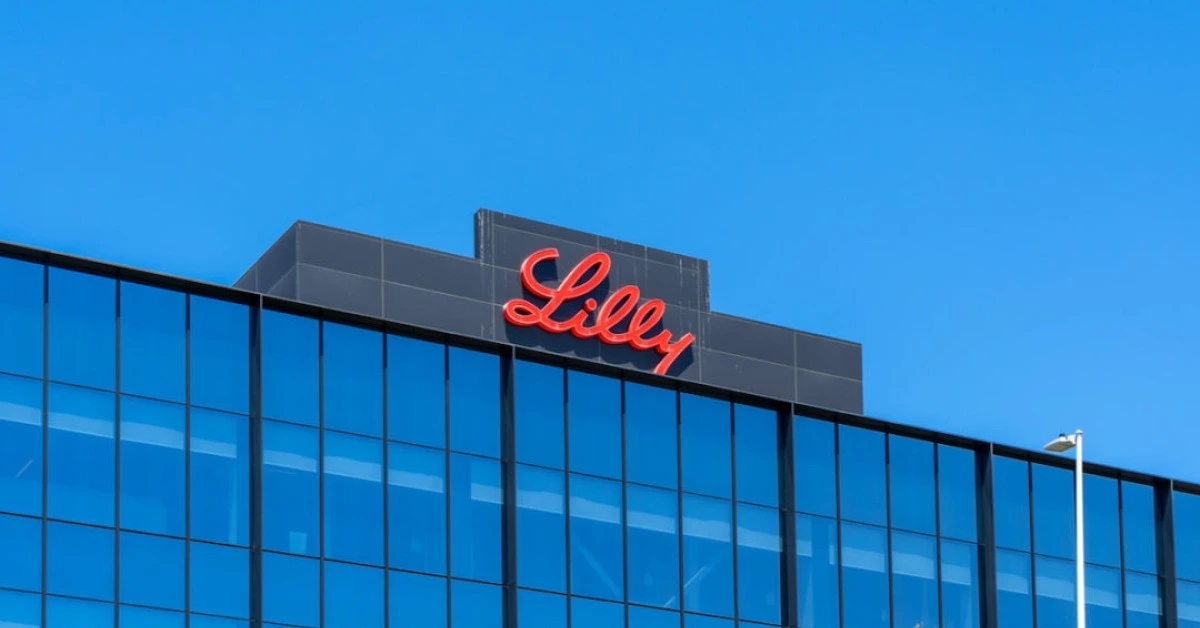
USA – Eli Lilly has announced a US $2.5 billion agreement to acquire rights to a cancer therapy developed by Scorpion Therapeutics, marking its third major transaction revealed on the first day of the JP Morgan healthcare conference.
Other deals announced so far include GSK’s US $1 billion acquisition of IDRx, a biotech specializing in precision medicine for cancer, and Johnson & Johnson’s acquisition of Intra-Cellular Therapies, which focuses on innovative treatments for psychiatric and neurodegenerative disorders.
The deal centers on STX-478, a next-generation PI3K alpha inhibitor designed to treat breast cancer and other advanced solid tumors.
While Lilly has not disclosed the specifics of the upfront payment, the total figure includes both regulatory and sales milestone payments.
STX-478 is currently undergoing a phase 1/2 clinical trial targeting patients with locally advanced or metastatic hormone receptor-positive, HER2-negative breast cancer, as well as other solid tumors driven by PI3K alpha mutations.
The therapy is being tested both as a standalone treatment and in combination with CDK4/6 inhibitors and AstraZeneca’s Faslodex (fulvestrant), a selective estrogen receptor degrader.
As part of the agreement, Scorpion plans to separate its non-PI3K pipeline assets—such as two EGFR inhibitors, STX-721 and STX-241—into a new independent company.
This spin-off will be majority-owned by Scorpion’s current shareholders, while Lilly will retain a minority stake in the new venture.
Lilly highlighted the potential of STX-478 as a next-generation PI3K inhibitor, noting its ability to selectively target malignant cells while sparing healthy cells.
This specificity could reduce off-target side effects, making the drug more tolerable than existing therapies in the PI3K class. The PI3K inhibitor class has seen notable developments in recent years.
Novartis’ Piqray (alpelisib) was the first PI3K inhibitor approved in the U.S. for HR-positive, HER2-negative breast cancer with PIK3CA mutations in 2019, followed by Roche’s Itovebi (inavolisib) in 2023.
However, the class is known for significant side effects, including infections, diarrhea, liver damage, skin problems, and lung inflammation.
According to Lilly, STX-478 has the potential to address 30%-40% of HR-positive breast cancer patients and could be particularly impactful when used in combination with other therapies.
Such combinations might improve patient outcomes, especially in earlier treatment stages when intervention can be most effective.
Jacob Van Naarden, head of Lilly Oncology, emphasized that the therapy’s combination potential could significantly enhance its impact in the treatment landscape.
This marks Lilly’s latest effort to establish a presence in the PI3K inhibitor field, following its acquisition of Loxo Oncology in 2019 for US $8 billion.
Although Lilly previously worked on a PI3K inhibitor, LOXO-783, it abandoned the program last year due to competitiveness concerns.
The PI3K inhibitor field remains crowded with emerging candidates from companies such as Relay Therapeutics, Faeth Therapeutics, Junshi Bio, Jiangsu Hansoh, and BridgeBio, all of which are advancing their own programs.
XRP HEALTHCARE L.L.C | License Number: 2312867.01 | Dubai | © Copyright 2025 | All Rights Reserved